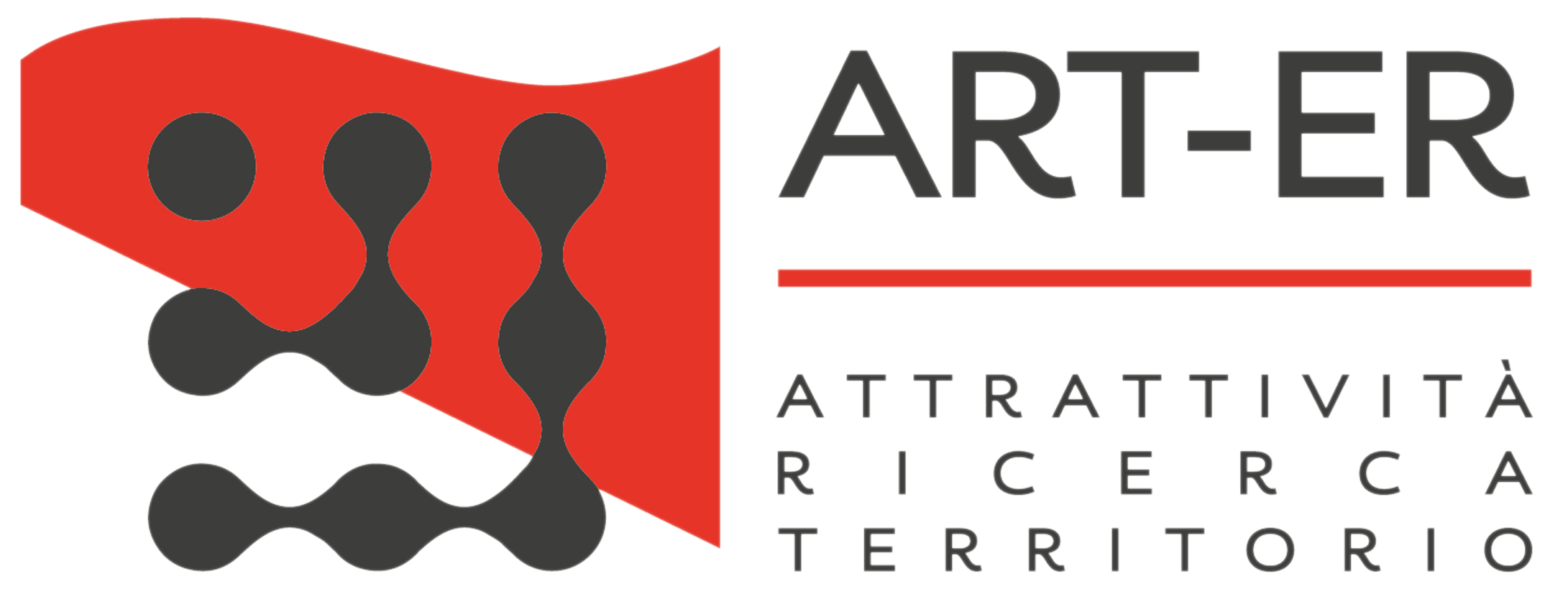EUROPEAN PROJECTS
Second meeting of the BIOMATDB consortium in Barcelona
The latest meeting of the BIOMATDB consortium, held on 23, 24 and 25 October 2023 in Barcelona, brought together a diverse group of partners from all over Europe in the premises of the Polytechnic University of Catalonia and the Supercomputing Center of Barcelona.
Consortium meeting: the highlights
The meeting was an occasion to provide a comprehensive overview of the project’s progress since the last meeting a year ago. This included updates from each Work Package leader on their activities and the achievement of various milestones.
A significant part of the meeting was devoted to technical discussions that covered both the back-end of the digital solutions with, for example, an in-depth explanation of the text mining procedures used for the development of the biomaterials database; as well as the front-end of the products that includes the presentation of the mock user interface for the biomaterials marketplace.
Collaborative sessions were also organised to discuss technical obstacles and to devise solutions, ensuring that the project remains on track and that all partners are aligned. Partners identified key goals to be achieved, including plans to engage stakeholders, outlining the roles and responsibilities of each partner in achieving these goals. Marketing ideas were also explored to ensure the sustainability of the database and marketplace after the end of the project.


The meeting was also an opportunity to visit the Barcelona Supercomputing Center that hosts MareNostrum, Spain’s most powerful supercomputer. MareNostrum’s computing power is a key resource to support European research in many areas of innovation, including health.


The 2-day meeting ended with collaboration and cooperation at the heart of the consortium’s priorities to overcome challenges and advance the project towards success.
Hands-on workshop to classify data
The third day was dedicated to a practical workshop on data curation. It revolved around the importance of the classification of metadata and content and included a jamboree of annotations. Participants were introduced to an open source text mining tool to define and assign domain labels that will be used for relational classification using automatic semantic annotation.

If you would like to read more information about the project, please visit the BIOMATDB project website or register to the newsletter.

Funded by the European Union. Views and opinions expressed are however those of the author(s) only and do not necessarily reflect those of the European Union or the European Health and Digital Executive Agency (HADEA). Neither the European Union nor the granting authority can be held responsible for them.




